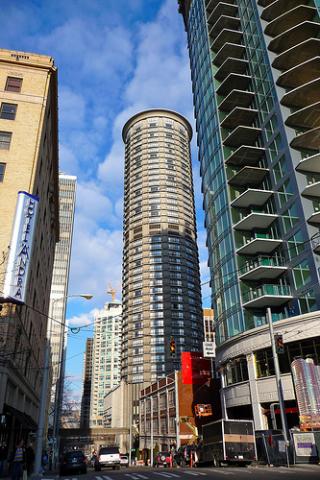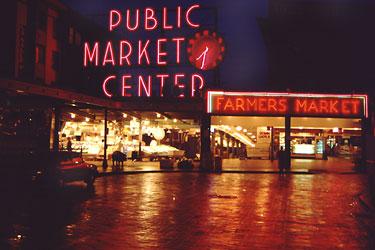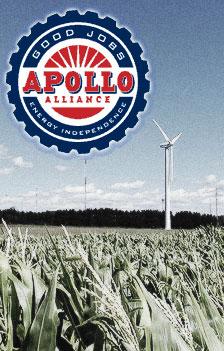With an estimated population of 570,000, Seattle is a major economic, cultural and educational center of the Pacific Northwest. According to the 2006-2008 American Community Survey, Seattle is 71-percent white, 13-percent Asian American, 8-percent African American, and 6-percent Latino. Having ranked as first or second for the last four years as the most literate city in the nation, it also holds the title as the most educated large city in the country - with more than 53 percent of the population having a college degree or higher.
In 2005, after the Kyoto Protocol had become law in 141 countries, former Seattle Mayor Greg Nickels launched an initiative to bring these same climate change goals to American cities. By May 2007, the 500th mayor had signed on to the U.S. Conference of Mayor's Climate Protection Agreement. His advocacy help lead to the creation of the Energy Efficiency and Conservation Block Grant (EECBG) Program, enabling U.S. cities, counties, and states for the first time to receive grants specifically to fund energy-efficiency projects. EECBG recently received $2.8 billion in stimulus funds.
Seattle also is often a leader in sustainability initiatives. Launched officially in April 2009, Seattle's Green Building Capital Initiative uses $6 million in EECBG money to develop green collar jobs and promote building energy-efficiency. A significant portion of this money - $1.2 million - capitalized a revolving loan fund with ShoreBank Enterprise Cascadia, a local Community Development Financial Institution (CDFI), to provide low-interest loans to Seattleites for energy-efficiency retrofits.
Another city-driven sustainability project has been Thorton Place, a transit-oriented, mixed-use project in the Northgate neighborhood. While Seattle has historically suffered from severe traffic congestion, Seattle has aimed to change this by expanding public transit availability. In 2003, construction began to develop Northgate, which was then simply an 8-acre lot of empty asphalt and a Metro Park-N-Ride. Completed in 2009, Thorton Place consists of 109 LEED-certified condos, 278 LEED-certified apartments (20 percent affordable), a 14-screen cinema, 50,000 square feet of retail, and a 143-units of housing for senior citizens positioned at a bus transit hub and future light rail station area. The complex also includes 2.5 acres of green open space and helped partially restore Thorton Creek, which had been redirected underground for many years.
Another important citywide step to help combat congestion and improve livability has been the Bicycle Master Plan. Initiated in 2008, the plan establishes a 10-project to create a 450-mile network of on-and off-street bicycle facilities that connect all parts of city. To date, Seattle has installed 56 miles of new bike lanes, including the city's first 2.5-mile bicycle boulevard, and has increased education/encouragement programs to promote bicycle commuting.
An overview of community wealth building efforts follows:




